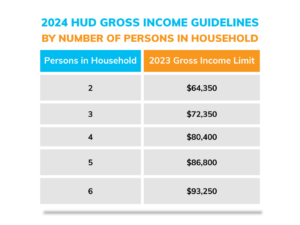Effective Communication Strategies for Supporting a Loved One with Addiction: A Holistic Approach to Recovery
Navigating conversations with someone in your life who is living with a substance use disorder (addiction) can be challenging. It is essential to offer love and support while also avoiding miscommunication and protecting your boundaries. According to an article posted in Psychology Today, author Michael J. Rounds writes that one of the key factors in recovery is having the ability to communicate with a solid support system.
Here are some strategies to effectively communicate with a loved one who is struggling with addiction:
- Be Kind: Approach the person with addiction with kindness and understanding. Show that you care and avoid criticizing, insulting, or belittling them.
- Choose Your Words Thoughtfully: Words matter. Avoid using stigmatizing language and harmful stereotypes about addiction. Use person-first language and speak respectfully to the person with addiction.
- Educate Yourself About Addiction: Understand that addiction is a complex disorder. Educate yourself about addiction from reliable medical sources and be aware of the stigma surrounding addiction.
- Listen More Than You Talk: When someone with addiction confides in you, listen without interrupting or criticizing. Continue to engage in regular conversations without making their addiction the focus.
- Use Consistent Words and Actions: Communicate through both your words and actions. Be consistent in your message and communicate your boundaries effectively with the person with addiction.
- Believe Them: If the person confides in you about their addiction, respect their perspective and believe them. Support their recovery and avoid making excuses for their behavior.
- Understand Choice is Important in Recovery Process: Oftentimes, people in the throes of addiction don’t see any way out or that conventional ways aren’t helpful. Multiple paths to recovery offers opportunity for people to engage in recovery in a way that is meaningful to them. When this occurs, people have a greater chance of long-term recovery.
- Don’t Tell Them What to Do: Respect their autonomy when they choose their path to recovery. Avoid dictating what they must do and show support and respect for their efforts.
By implementing these strategies, you can offer love and support to a loved one with addiction while also protecting your boundaries and avoiding miscommunication. It is important to approach these conversations with empathy and understanding and always to prioritize the well-being of both yourself and the person with addiction.
Barriers to effective recovery typically include cost, lack of insurance, social stigma, convenience, and the lack of comprehensive treatment. We created a holistic and innovative model at Harvest House to address these barriers. Addiction is a disease that knows no limits – it can affect anyone regardless of upbringing, gender, age, and cultural identity. We take a holistic approach to residential recovery, focusing on the four pillars upholding a sustainable life – purpose, home, health, and community. We recognize that transformation over reformation leads to lasting recovery solutions.
If you or a loved one is struggling with substance use or addiction and would like to learn more about Harvest House’s addiction recovery Freedom Program, contact our office at 941-953-3154.







